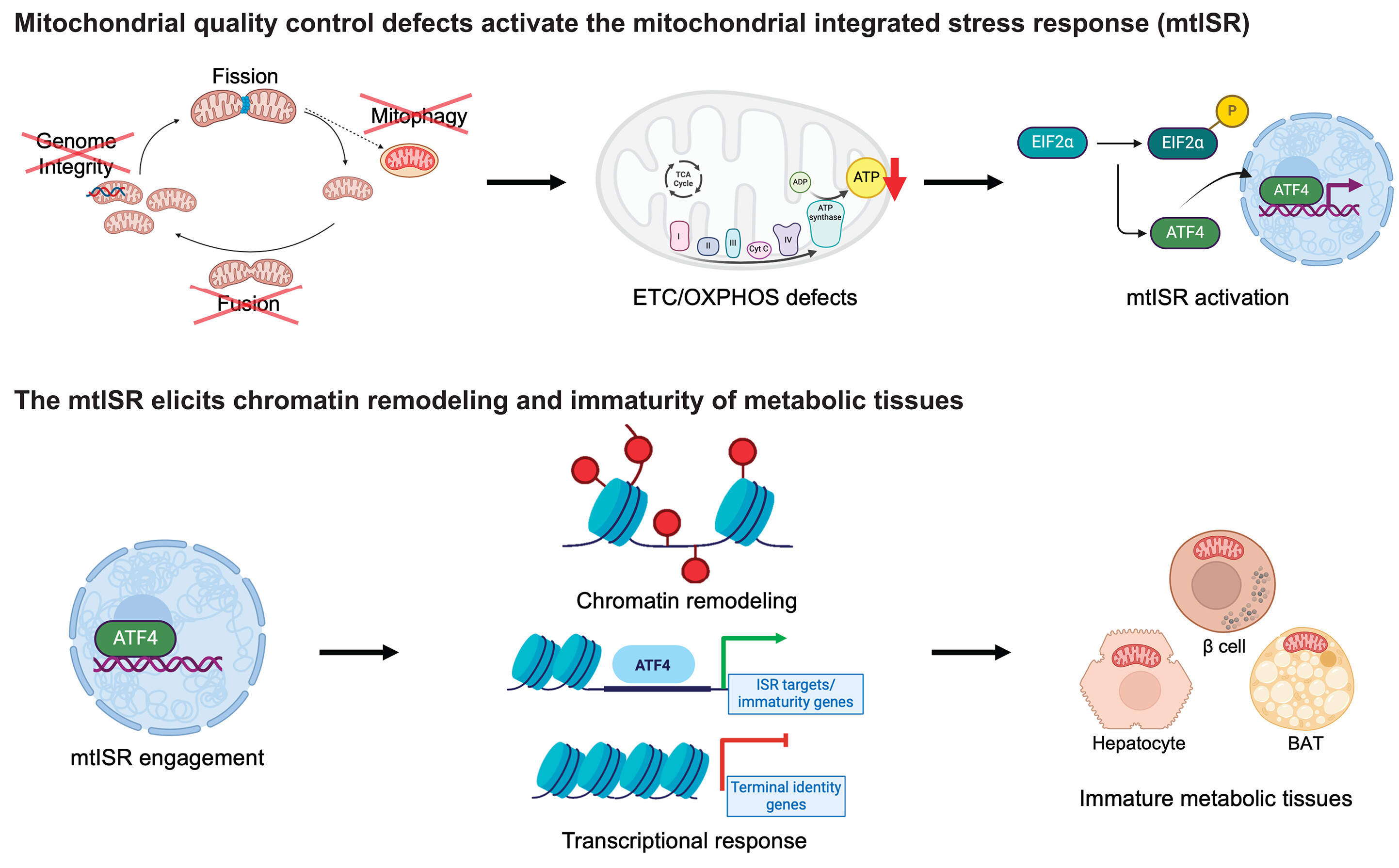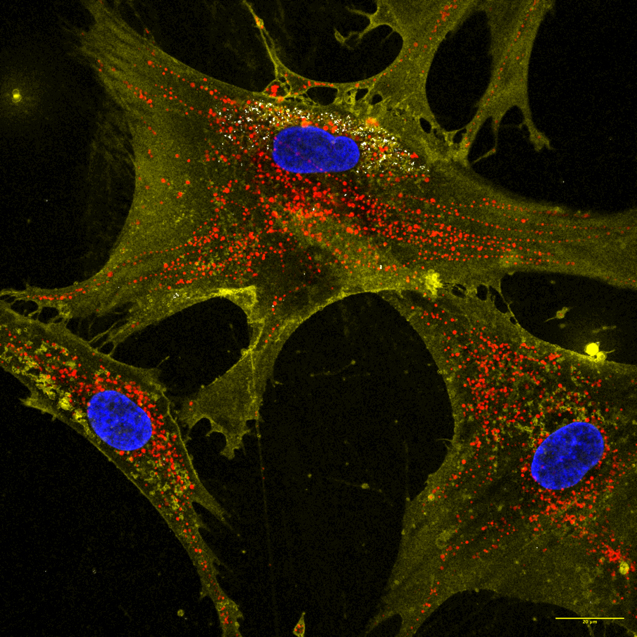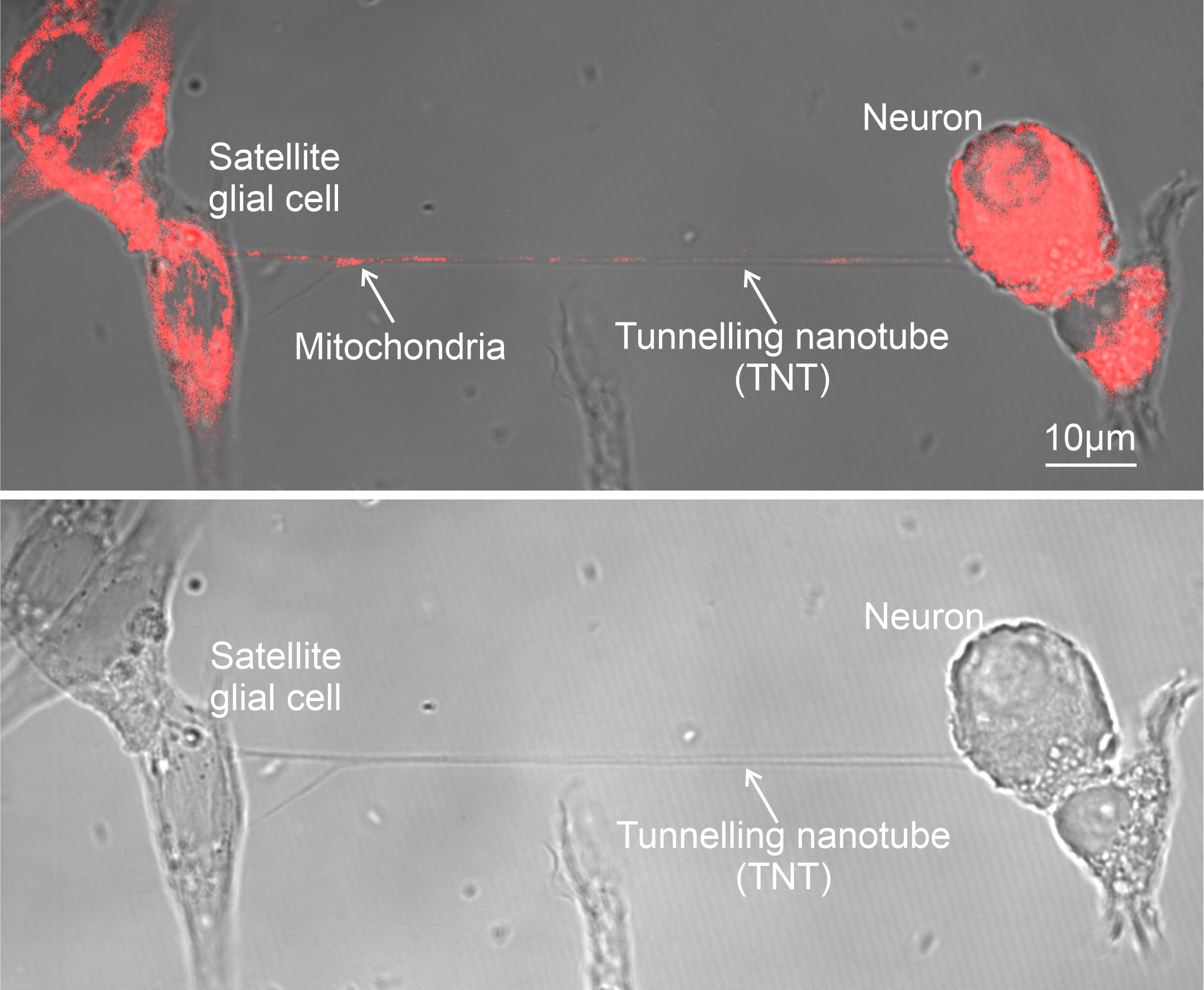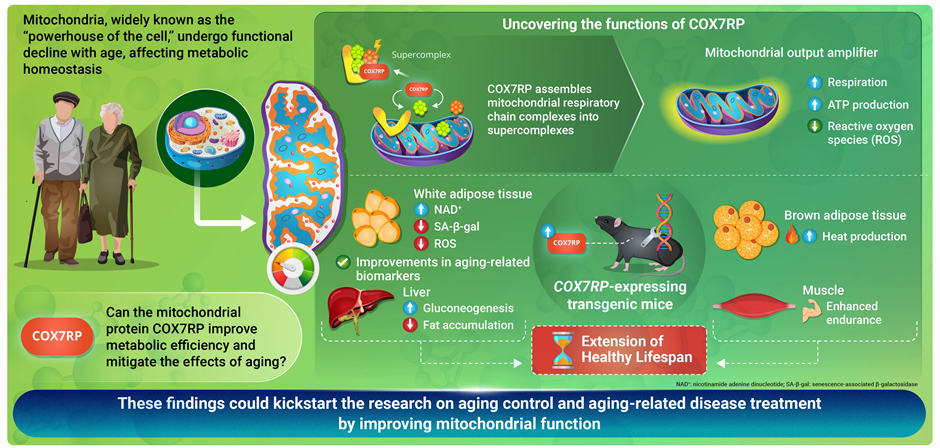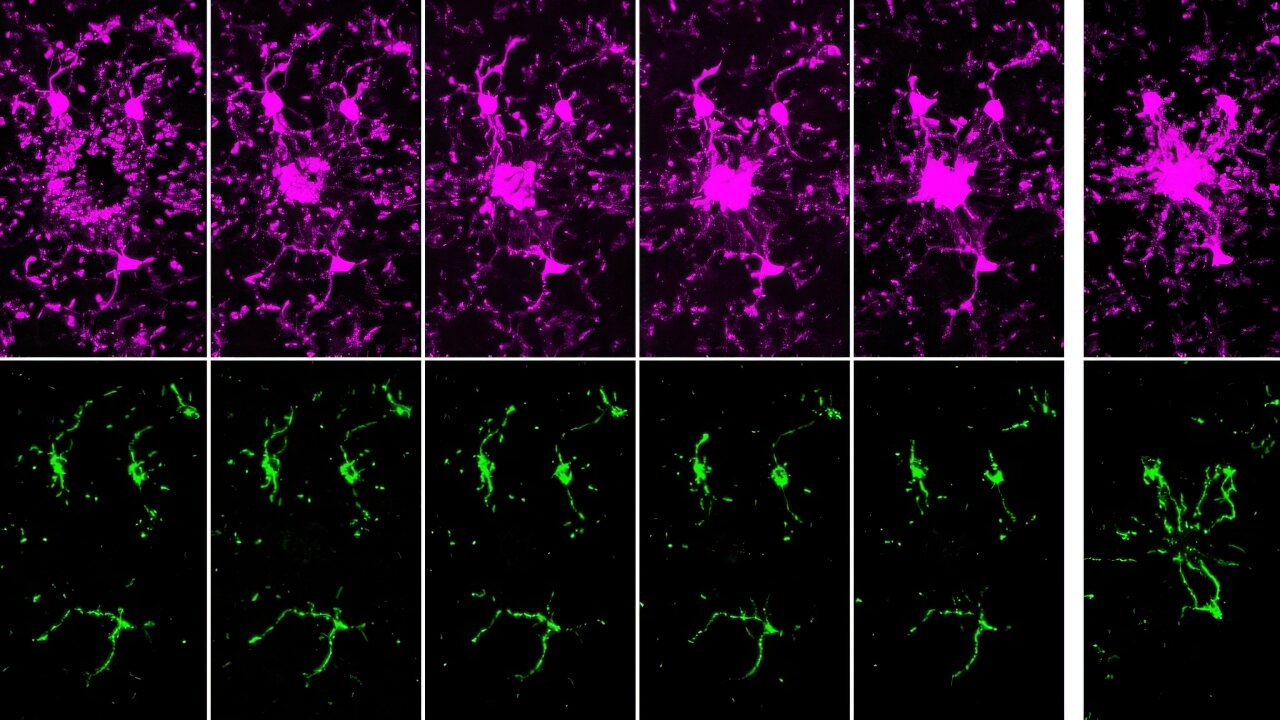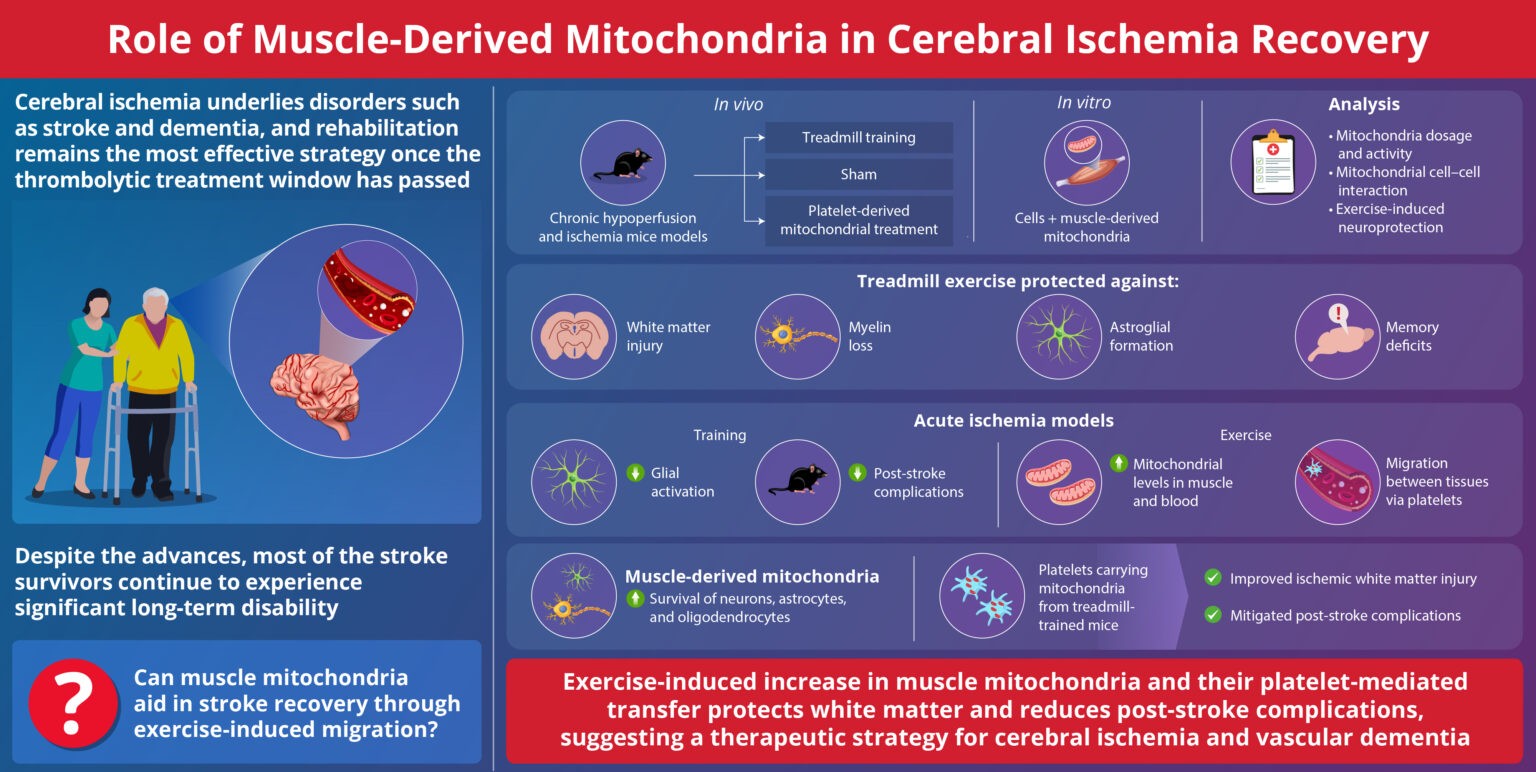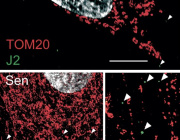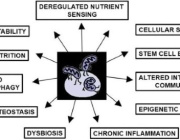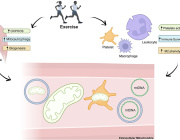Gallbladder Mitochondrial Function as a Predictor of Liver Transplantation Outcomes Wins WMS Best Poster (2)
 |
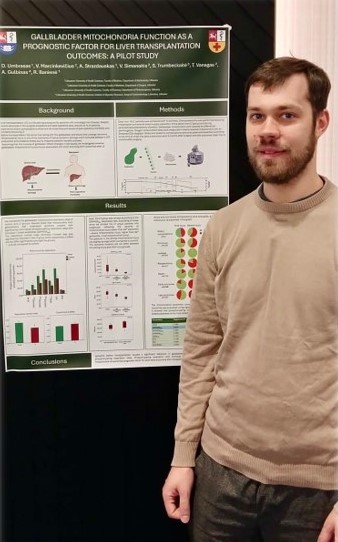 |
The World Mitochondria Society is excited to announce that Danielius Umbrasas from the Lithuanian University of Health Sciences received the Best Poster Presentation Award at the 15th WMS Annual Meeting on Targeting Mitochondria for his research on gallbladder mitochondrial function as a prognostic factor for liver transplantation (LT) outcomes.
Dr. Danielius Umbrasas and his team are investigating the connection between mitochondrial damage in the biliary system and patient outcomes following liver transplantation. Recognizing that up to 30% of patients experience biliary complications post-transplant, he questioned whether bioenergetic parameters in biliary tissues might serve as predictors for these issues. He specifically focused on mitochondrial respiratory rates, given that donor livers are subjected to ischemia before transplantation, with mitochondria being critical players in ischemia-reperfusion injury.
“To better understand this, Dr. Umbrasas utilized gallbladder mucosa as a representative for the biliary system in the liver. His research revealed that following ischemia-reperfusion, respiratory rates in gallbladder mitochondria show a significant decrease, particularly in Complex I-driven phosphorylating respiration. He identified an inverse correlation between this respiratory rate and poor early patient outcomes, including biliary strictures, leakage, and the need for repeat surgeries. Dr. Umbrasas is hopeful that these insights might one day assist in clinical settings to improve prediction of liver transplant outcomes.
Dr. Umbrasas shared with the WMS: "Looking forward, we plan to compare traditional cold static preservation with a newer method—cold machine perfusion—to assess any potential benefits of this approach on gallbladder mitochondrial function and patient recovery, both in the short and long term."









